I am facing a strange issue while using NodeJS and Socket.io.
Server which receive data via ZeroMQ. That work perfect.
For each message from ZeroMQ, I used sockets.volatile.emit to send that to all connected clients.
The issue arise only for large number of connected accounts (more than 100), it seems there is a queue on the sending to clients (client receive message in delay that keep increasing)
Note : Each connected client received each message from ZeroMQ, so basically for more client there is more data sent over the socket.IO.
Via Logs/Debug i know the receive from ZeroMQ has no delay and all works on that part. The emitting seems to have a queue or delay that keeps increasing.
The messages rate is 80 messages/sec for each client.
Note: NodeJS 0.10.20 and Socket.IO 0.9.16.
